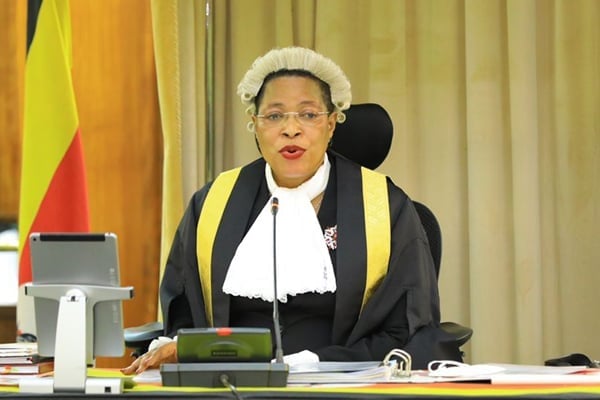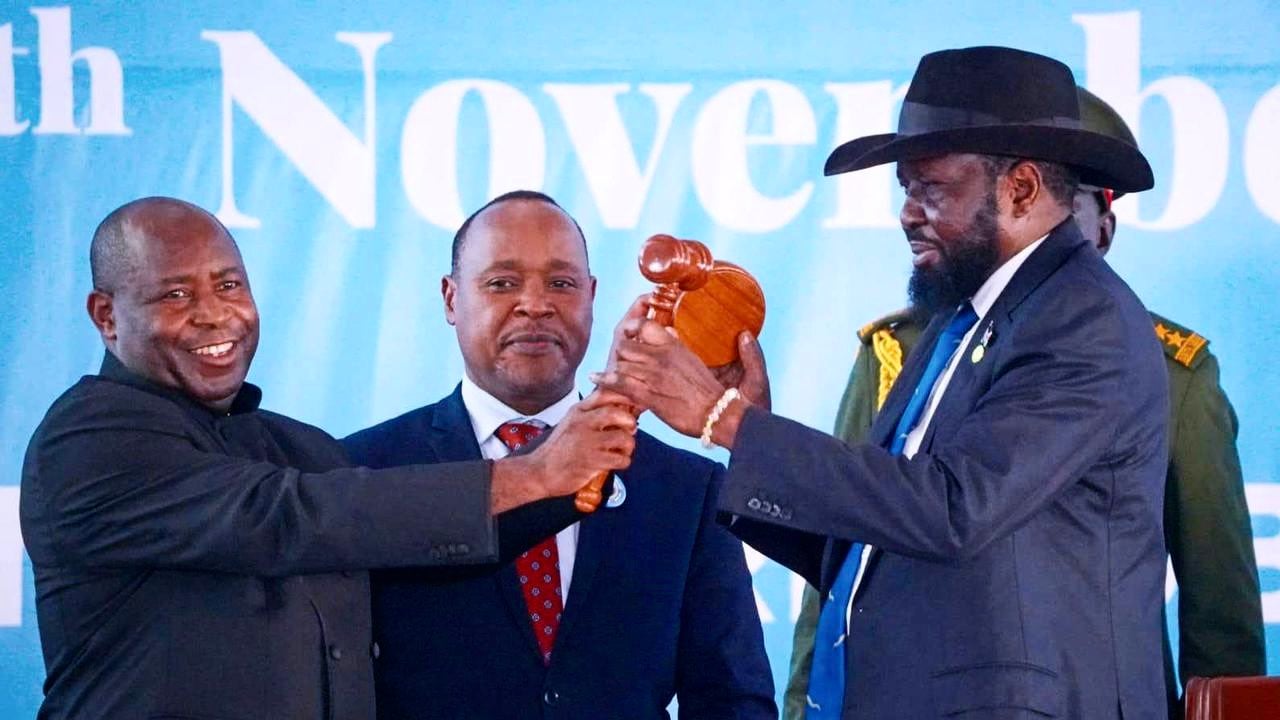Speaker Among rallies states to fast-track EAC integration

Speaker of Parliament Anita Among
What you need to know:
- Speaking at the 18th meeting of the EAC Speakers Bureau in Nairobi on Thursday, Ms Among reiterated Uganda's commitment to the drive for political, economic, and social integration.
Uganda's Speaker of Parliament, Anita Among, has issued a rallying cry to fellow leaders in East African Community (EAC) member states to fulfil their obligations to the bloc, stressing that unity is crucial for achieving the long-elusive goal of integration.
Speaking at the 18th meeting of the EAC Speakers Bureau in Nairobi on Thursday, Ms Among reiterated Uganda's commitment to the drive for political, economic, and social integration.
"Uganda will ensure prompt payment of her subscription and any other monetary obligations to the EAC. We urge all other partner states to ensure that they meet their obligations in time," she emphasised.
Ms Among also highlighted the vital role of parliaments in bringing nations together, saying, "At a time when the EAC is growing in size and membership, such continuous engagement on the Legislative front is a timely catalyst for deepening and widening the integration of the East African Community."
The EAC, comprising eight partner states - Burundi, the Democratic Republic of Congo, Kenya, Rwanda, Somalia, South Sudan, Uganda, and Tanzania - boasts a combined population of 302.2 million citizens. Founded in 2000, the bloc aims to leverage benefits from its vast resources, wider markets, and free movement of goods and people.
Despite progress, including the East African Customs Union and Common Market, longstanding challenges like budget constraints and competing national priorities hinder full integration.
Ms Among urged fellow legislatures to work tirelessly towards overcoming these obstacles, saying, "It is our collective responsibility... to work towards the full integration of the East African Community."
The EAC's vision for a powerful and sustainable economic and political bloc remains within reach, with the Political Confederation adopted as a transitional model in 2017. Now, it's up to the member states to turn this vision into reality.




